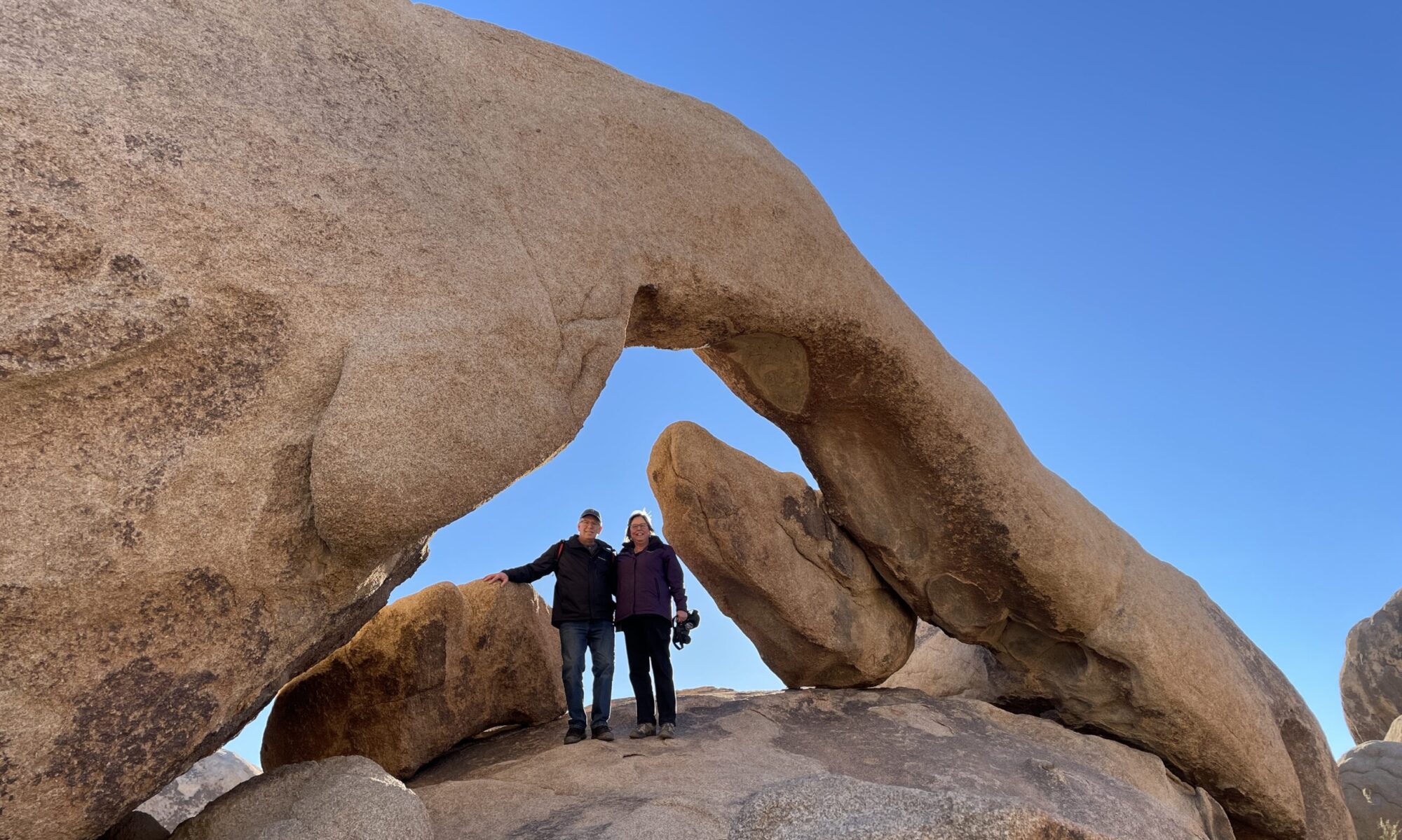Dr. Helen Czerski is a British physicist, oceanographer, and TV presenter. In her September 29, 2017, TED Talk, “The Fascinating Physics of Everyday Life”, she begins with a story about sitting at the table at her Nana’s (Mum’s Mum) house as a 2nd-year undergraduate student at Cambridge studying physics. She had quantum mechanics folders spread out in front of her. Nana looked at the folders and said, “What’s that?”
Helen tried to explain and Nana looked impressed. And then she said, “What can you do when you know that?” Helen responded, “Don’t know, Nana.”
In her TED Talk, Dr. Czerski then reflected that when we talk about physics, we don’t include the things we can do when we know that. We’ve got an image problem, let’s be honest. It’s weird and difficult and done by slightly strange people. Fundamentally, why should anyone care?
Physics is best known for its extremes or its frontiers which are quantum physics (very small, very weird, it happens very quickly), and cosmology (very large, very far away, and also very weird). There is physics in the middle. It’s just that nobody talks about it.
She continued that the joy that you get by spotting common patterns of physical laws doesn’t go away as an adult. To help things move along at a boring party, she suggested fishing some raisins out of the snack mix and putting them in the lemonade. This has three consequences: 1) It’s quite good to watch, 2) It sends the boring people away, and 3) It brings the interesting people to you.
She affirms the value of what you can do when you know physics. Being familiar with these concepts means we’re not helpless. This isn’t about knowing all the answers. It’s about having the right framework and confidence so you can ask the right questions.
 For four years, I was a presenter at the Exploring Future Pathways Career Fair at North Rockford Middle School. I presented on the vocation of being a pastor.
For four years, I was a presenter at the Exploring Future Pathways Career Fair at North Rockford Middle School. I presented on the vocation of being a pastor.
For the record, the veterinarian had an unfair advantage in bringing a dog. I talked about how construction workers build your house, plumbers install and repair your pipes, doctors and nurses care for your body, a mechanic fixes your car, bankers help you with money, and that I help people in their relationship with God and that’s kind of hard to understand and maybe a little weird.
I remember talking about the Bible and prayer and being with people in their homes and at the cemetery and in the hospital as well as gathering at the Church building. I brought vitamin C drops as a treat which we were giving out in worship in those days. We wrote our names with our non-dominant hand to show how it feels to recognize something but not have a lot of confidence about it. In other words, it can be awkward learning about God. We also did a Yurt Circle to demonstrate how we depend on each other (you hold hands and every other person leans in or back to create a support circle; it’s cool to do).
Through teaching about ministry with middle school students, I gained an appreciation for how our work fits in the larger world and contributes to the common good.
Through being the Church we learn that God loves us and the world; and that Jesus Christ is God’s Son and our Savior; and that we can feel the power of the Holy Spirit when we are doing all kinds of things and remember what Jesus taught his disciples.
And what we can do when we know that, is LOVE!
We learn and then teach how to love God, our neighbor, ourselves, and our world. And we also learn that all those other vocations can be versions of the gift and task of LOVE. From God’s perspective, we all can learn how to LOVE.
As we enter the Lenten season mid-month, I invite you to respond to the question “What can you do when you know that?” by seeing your vocation or twilight career or daily life as an expression of LOVE.

